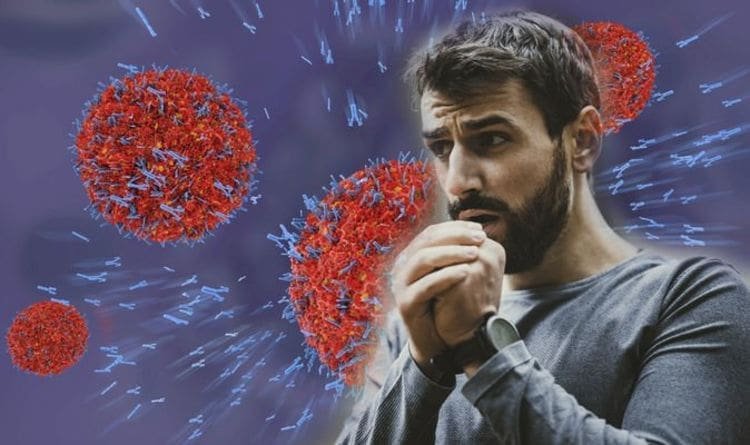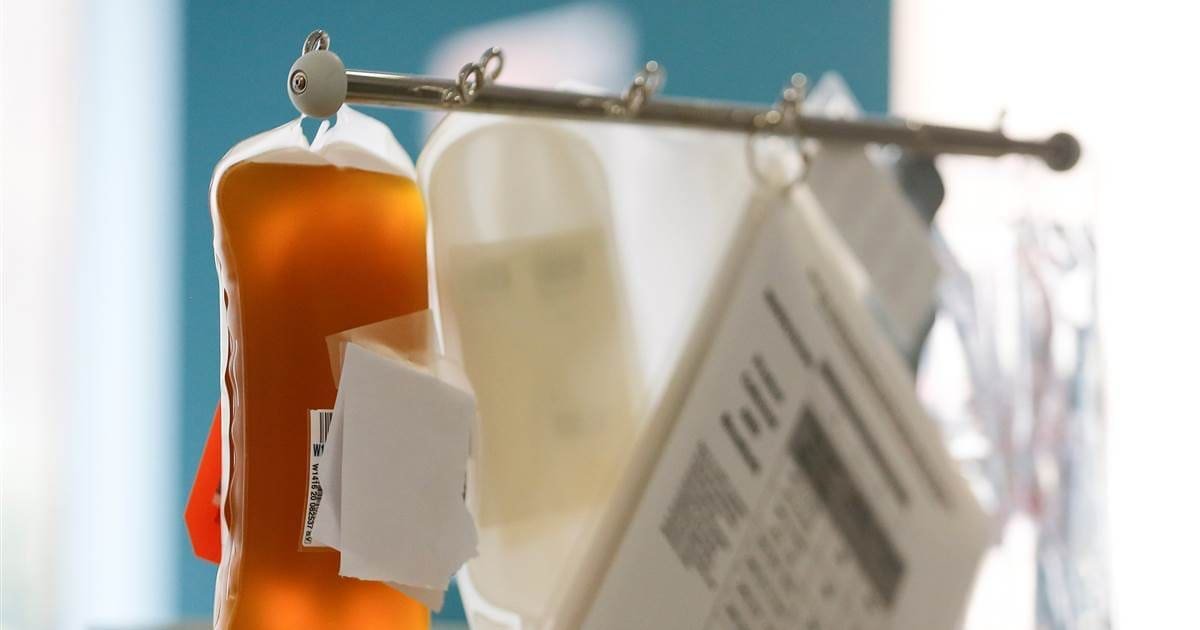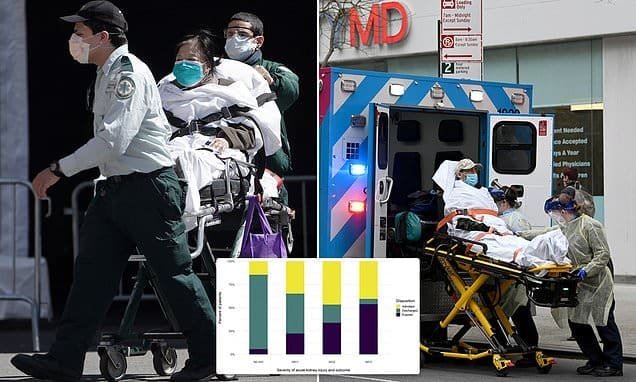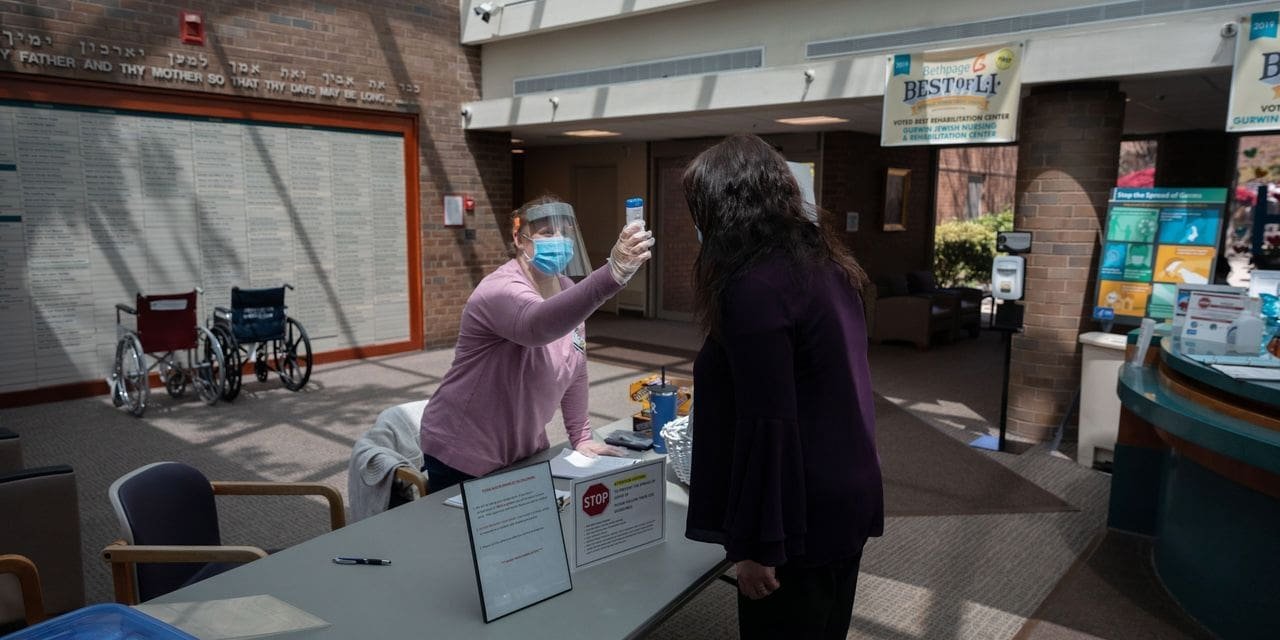Important facts about COVID-19
COVID-19 is the name of the new infectious respiratory disease caused by a recently discovered coronavirus called severe acute respiratory coronavirus-2 (SAR-COV-2). COVID-19 is a primary disease of respiratory system but can affect other parts of the body in severe cases and could lead to death. COVID-19 is an acronym: COV stands for corona, VI stands for virus and 19 stands for the year it was first reported; 2019. While SAR-COV-2 is a new coronavirus type, other types of coronavirus have been in existence for decades including the type that caused an outbreak of severe acute respiratory syndrome (SARS) in 2002-2004. Usually, coronavirus is found in animals and, rarely can be transmitted from animal to human leading to person to person spread. Similar to SARS, which was first reported in Guangdong province of China, COVID-19 was first reported in Wuhan city of China in December 2019. While coronavirus that transmitted SARS was reported to have come from cave bats in Yunnan province of China, scientists are yet to discover the animal source of COVID-19. Since the first reported case in December 2019, COVID-19 has spread fast and wide to different continents and many countries of the world affecting a substantial number of people and WHO has declared it a pandemic.
COVID-19 is a new disease and not much is known about it by doctors and other scientists. This makes it extremely difficult in developing effective ways of preventing and treating the disease. This SAR-COV-2 can be spread through contact with certain bodily fluids containing the virus, mostly droplets from nose and mouth. Inhaling such droplets and touching your mouth, nose, or eyes with a hand used to touch something contaminated by infected droplets are common ways of getting the virus. While it takes about 2-14 days after exposure to develop symptoms of COVID-19, some infected persons may not develop any symptoms. Infected persons with no symptoms are capable of transmitting the virus to others, which is one of the challenges with controlling the spread of the virus. While the symptoms of COVID-19 vary, most patients report fever (up to 38-degree centigrade), cough, shortness of breath, tiredness and other flu-like symptoms including diarrhea. Individuals of all age groups can get COVID-19, though seniors and people with weak immune systems are at higher risk of developing severe forms of the disease and dying from the disease. Having noted this, most people with COVID-19 develop non-severe forms of the disease and survive the disease.
There is currently no confirmed vaccine or treatment for COVID-19. Symptoms of COVID-19 usually go away on their own on people that do not have a severe form. Unfortunately, scientists are not able to tell who will develop a severe or non-severe form of the disease before getting the disease. Anyone that thinks he/she has symptoms of COVID-19 or was exposed to the virus should call the phone number the government has designated for the disease. The person can also call 991 or health clinics for important information on the care and testing processes for suspected COVID-19 disease.
For now, prevention is the only confirmed effective method of controlling the virus and the disease and below are some of the recommended preventive measures. It is recommended that you follow public health officials’ advice on how to prevent and avoid the COVID-19 virus. Avoid people who are sick and group meetings/crowds. Stay home if you are sick. Cover your mouth/cough with a tissue or cough into your upper sleeve or elbow. Do not cough into your hands. Wash your hands often with soap and water for at least 20 seconds, especially after going to the bathroom, before eating, and after blowing your nose, coughing, or sneezing. If soap and water are not readily available, use an alcohol-based hand sanitizer with at least 60% alcohol. Always wash hands with soap and water if hands are visibly dirty. Avoid touching your mouth, nose, or eyes. Clean and disinfect frequently touched objects and surfaces using regular household cleaning agents.
Practice social distancing by staying at least 6 feet away from next person. The Centers for Disease Control and Prevention (CDC) now recommends that everyone wear a cloth mask in public, even if you do not feel sick. This prevents you from spreading the virus. The masks should cover your mouth and nose. Even with the mask, continue to keep 6 feet between you and others.Stay informed on the latest developments on COVID-19 from the CDC website and other credible government news agency. Eat healthily, drink fluid liberally, exercise often, get adequate rest, stay calm; do not panic, avoid spreading non-credibly-sourced COVID-19 information and do not hold back from contacting health officials for any concern.
![]()
Get local stories you won’t find anywhere else right to your inbox.
Sign up here






Recent Comments